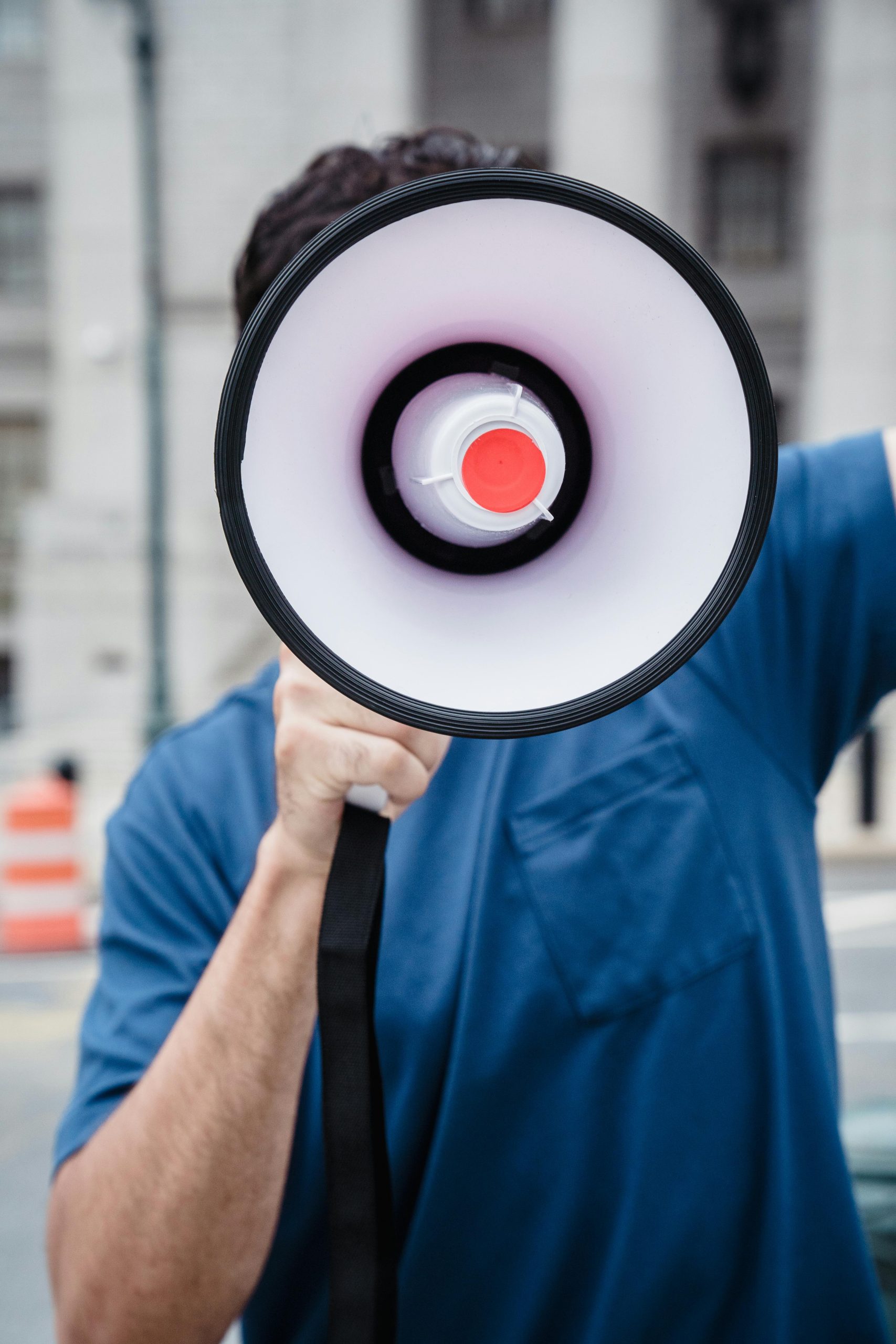Understanding Post-Accident Vehicle Repair Challenges: Navigating Insurance and Repair Issues
Dealing with the aftermath of a car accident can often be complicated and frustrating, especially when repairs lead to unexpected problems. Recently, a vehicle owner encountered such a situation after being rear-ended and undergoing repairs through the at-fault party’s insurance process.
The incident began when the owner’s car was struck from behind, and a claim was promptly filed with the responsible driver’s insurance provider. The insurer accepted liability and directed the vehicle to an approved repair facility, focusing on cosmetic damages such as the rear bumper and backup camera.
Initially, the repair shop experienced delays, but eventually notified the owner that the vehicle was ready for pickup. Upon inspection, however, it was discovered that the car refused to start. The repair technicians attributed this now-emerging electrical wiring issue to the recent repairs, asserting that they were not responsible for the problem. They instructed the owner to arrange towing and cover the necessary repairs personally—an unexpected and unwelcome development.
Prior to the accident, the vehicle was in excellent working condition, having run smoothly and passing multiple diagnostic tests at the repair shop, which confirmed that only the visible damage was to be repaired. The owner reached out to the insurance company of the at-fault driver, only to be told that they wouldn’t assume responsibility for the electrical complications or the towing costs.
This scenario raises important questions about the responsibilities of repair shops and insurance companies after a collision. When unexpected damage occurs following repairs, vehicle owners are often left feeling powerless and unsure of how to proceed. They may wonder:
-
What legal options are available when a repair shop’s work inadvertently causes further damage?
-
How can vehicle owners ensure that insurance providers accept responsibility for secondary issues arising after repairs?
-
What steps should be taken to document damages and communicate effectively with insurers and repair shops?
Navigating these situations requires understanding your rights and the procedures for dispute resolution. Consulting with an automotive claims expert or an attorney specializing in insurance disputes can provide guidance tailored to your specific circumstances.
In summary, when repairs resulting from an accident lead to additional problems, it’s crucial to document all interactions, seek professional advice, and advocate for your vehicle’s well-being. Dealing with insurance companies can be complex, but persistence and informed action can help ensure you receive the appropriate support and resolution.
Remember, you’re not alone in facing these challenges—many vehicle owners find themselves in similar situations. Staying proactive is key to protecting your interests and getting your vehicle



